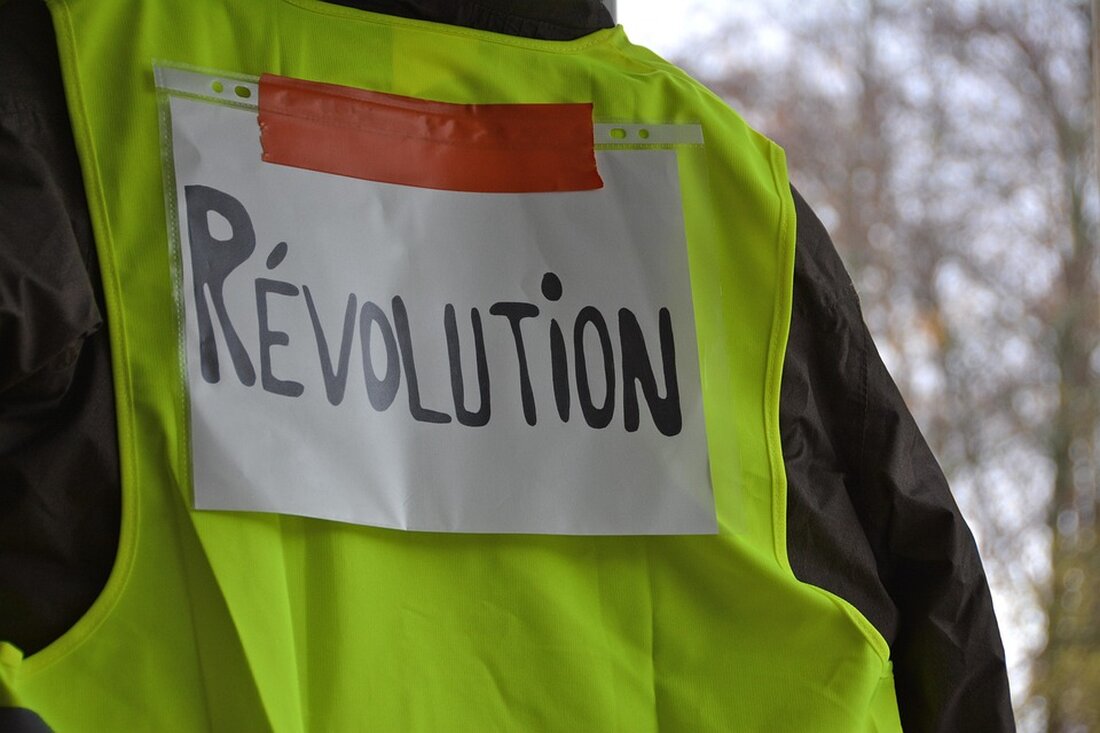Revolution in night traffic: Berlin startup brings hotel rooms to travel!
Berlin startup NOX is revolutionizing travel with climate-friendly night trains. From 2027: more comfort and fewer short-haul flights.

Revolution in night traffic: Berlin startup brings hotel rooms to travel!
From 2027, the Berlin startup NOX plans to fundamentally change the way travel is organized using night trains. The focus is on climate-friendly alternatives to short-haul flights, which are intended to appeal primarily to environmentally conscious and quality-oriented customers. Loud chip.de The night trains are to be designed like rolling hotel rooms, which sets them apart from traditional sleeping cars.
The goal of NOX is to make rail travel on popular routes, such as between Berlin and Paris or Vienna and Barcelona, more attractive. Each cabin will be equipped with WiFi, panoramic windows and a private bathroom. This innovative approach could help switch customers from planes to trains, thereby reducing the environmental impact of motorized transport.
Cost and convenience
The prices for the night trains are also an important factor: single cabins are offered from 79 euros and double cabins from 149 euros. These costs vary depending on demand and booking time. NOX wants to offer its guests more space, peace and privacy, without the typical burdens of security checks and boarding stress that are often associated with air travel.
The argument for the shift from planes to trains is supported by a study by Wuppertal Institute which shows that up to 40% of short flights within Europe could be replaced by night trains if the price and comfort are right. These findings are particularly relevant since motorized transport is considered the largest cause of environmental problems.
Political framework for sustainable mobility
The Wuppertal Institute not only deals with the transport transition, but also supports the development of political framework conditions for sustainable mobility. This commitment includes improving technology and taking a holistic view of the vehicle. It emphasizes the importance of reducing energy and resource-consuming weight to advance the transition to low-CO2 and low-emission propulsion technologies. Examples of such technologies include efficient electric cars and fuel cell buses.
The institution works closely with stakeholders from municipalities, ministries, civil society and companies to find solutions that are important for the transport transition in Germany. This is done by analyzing mobility structures, developing concepts and testing them in so-called real-world laboratories. The international exchange of best practices is also promoted through the UN-Habitat Collaborating Center, which supports partner cities and governments worldwide.
In summary, it can be said that NOX's initiative to establish climate-friendly night trains is timely and could give the transport transition in Europe an important boost. Combined with the Wuppertal Institute's ongoing research and policy efforts, this could help sustainably transform motorized transport.

 Suche
Suche
 Mein Konto
Mein Konto